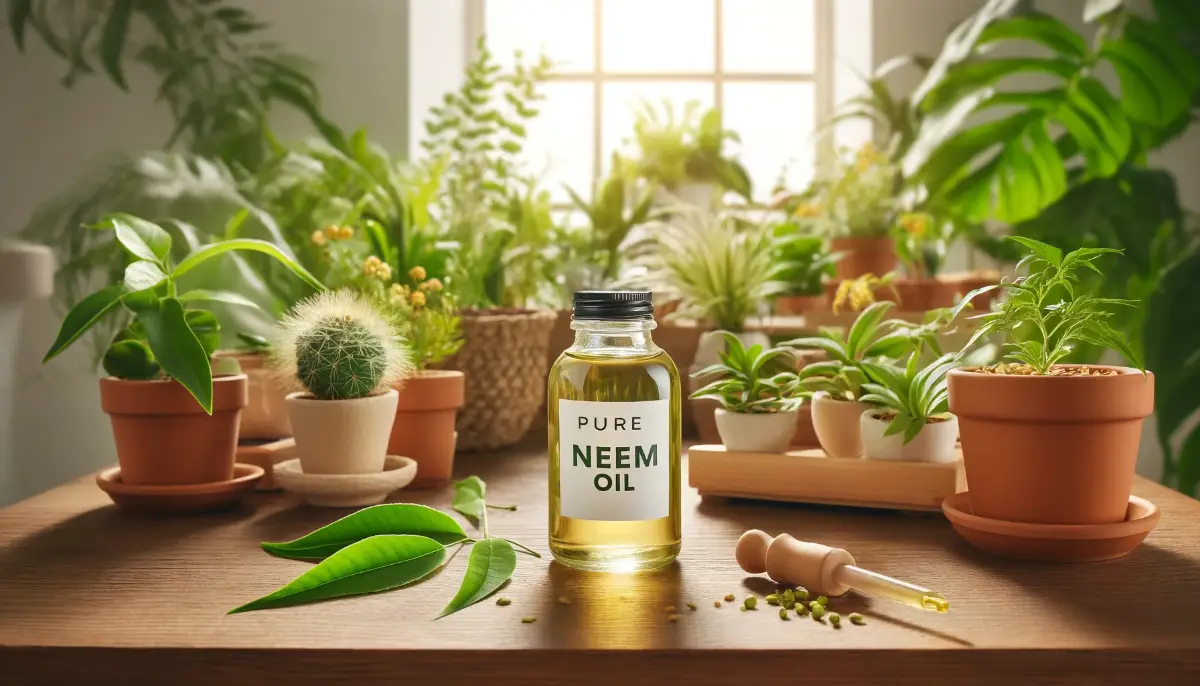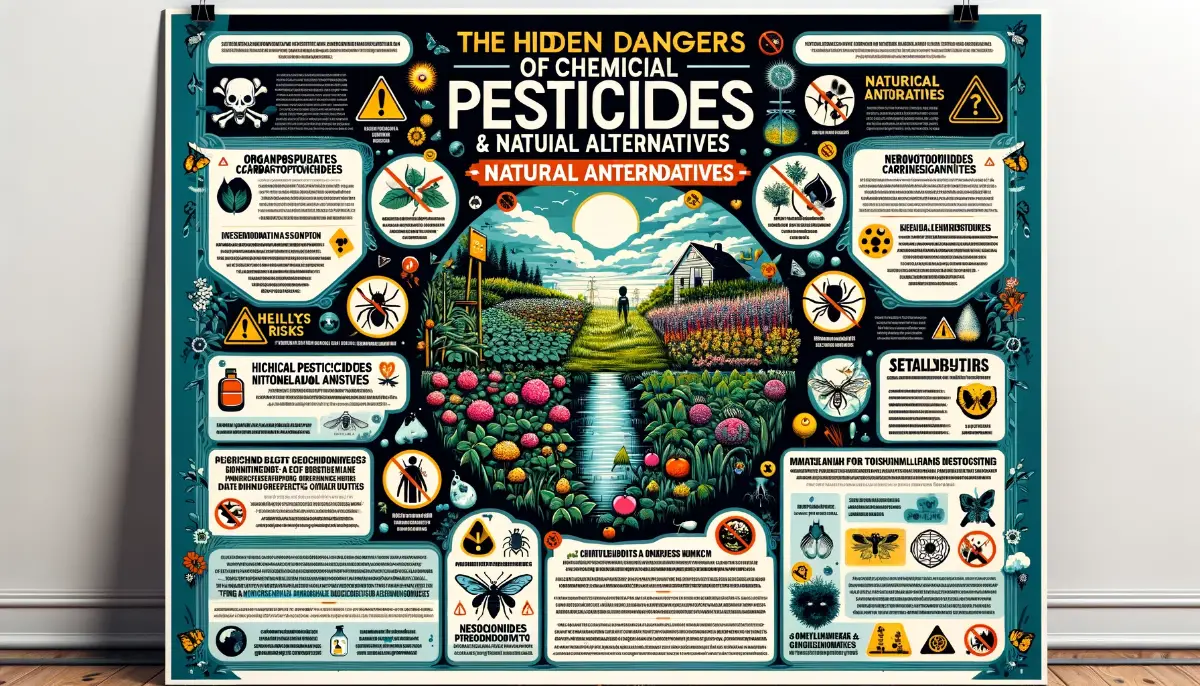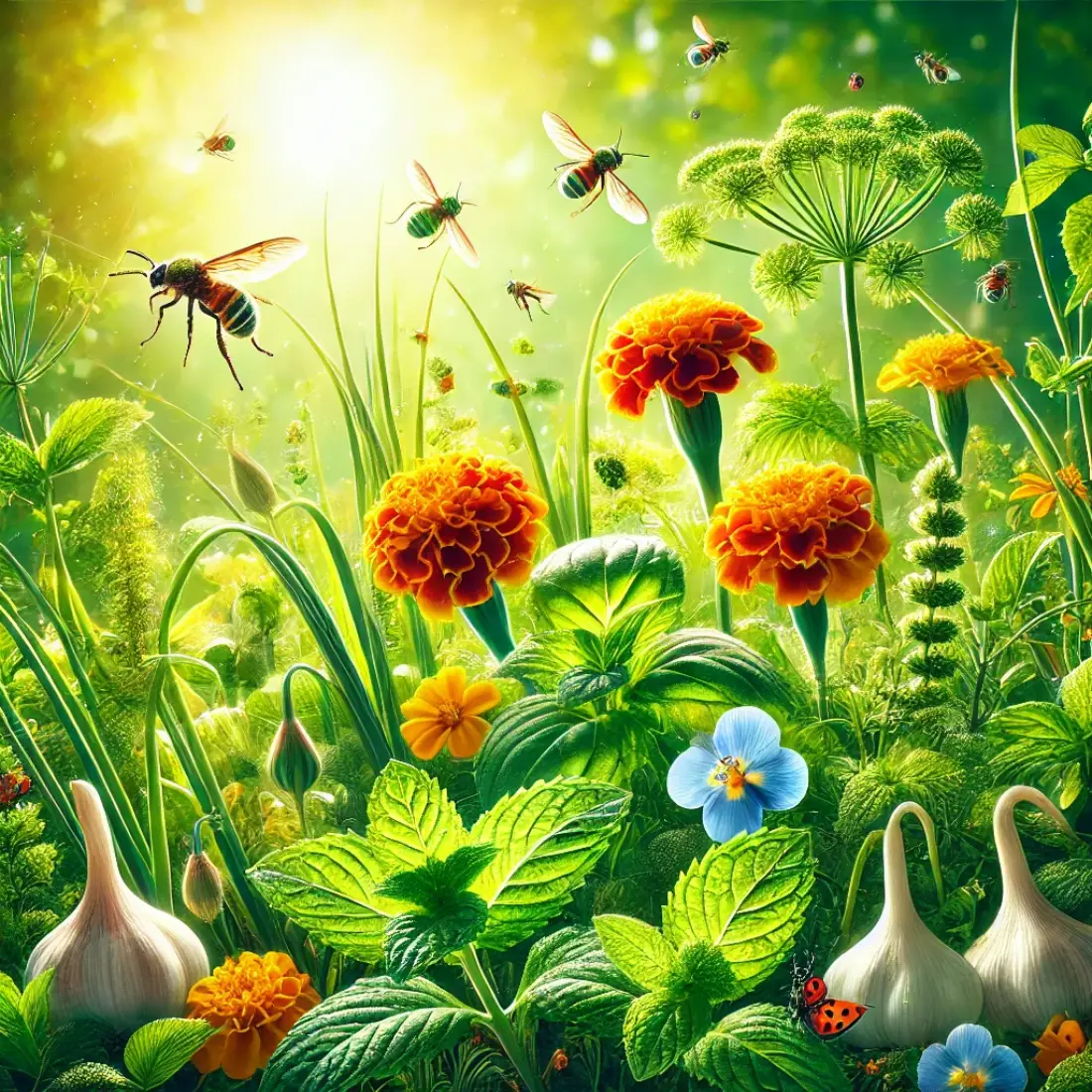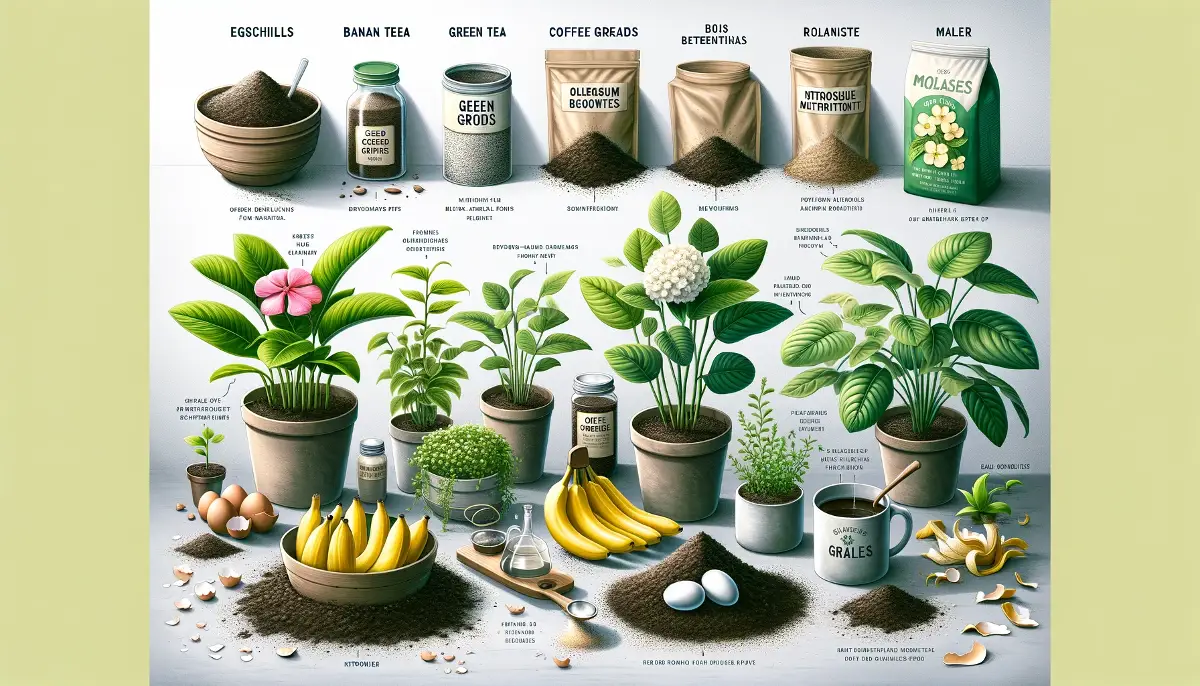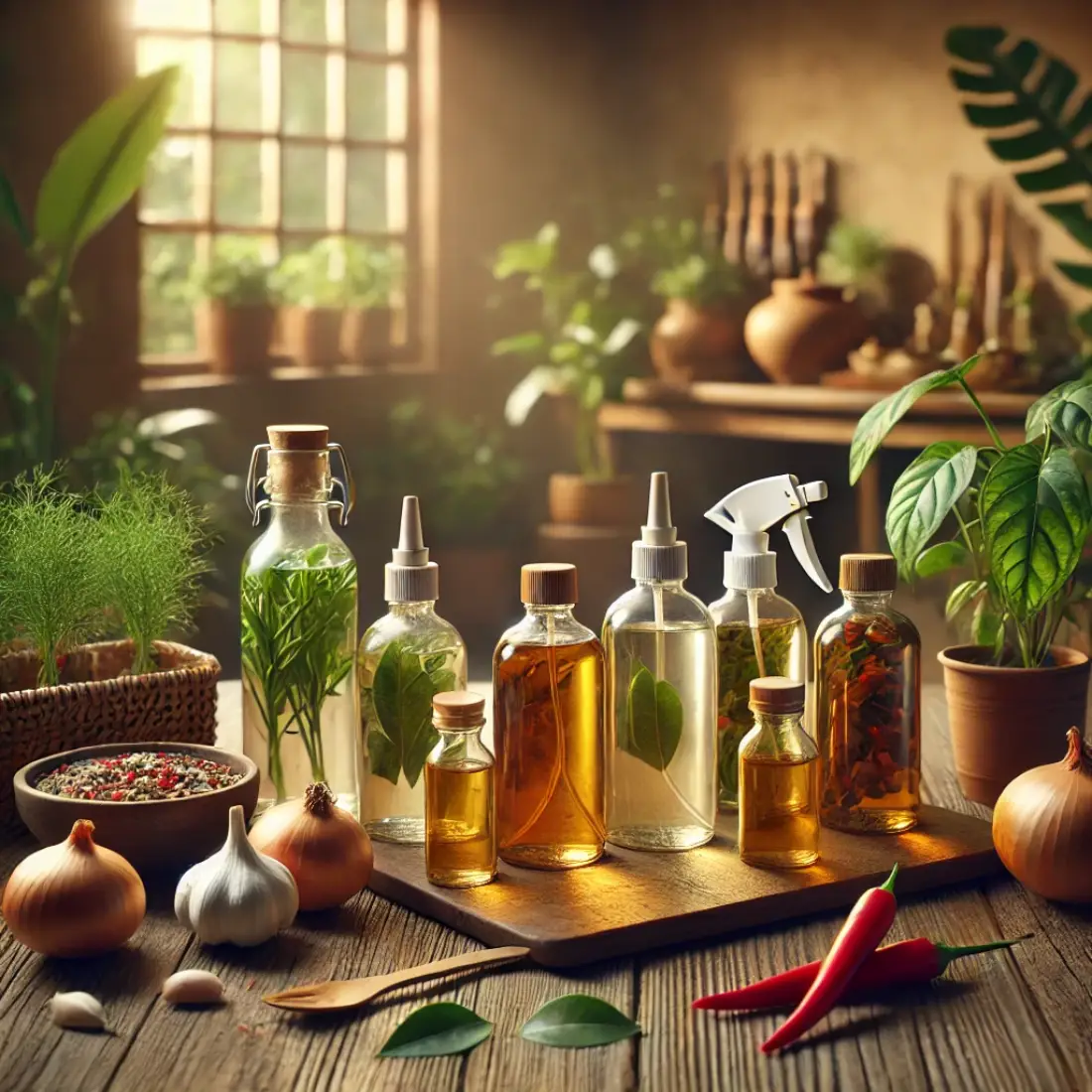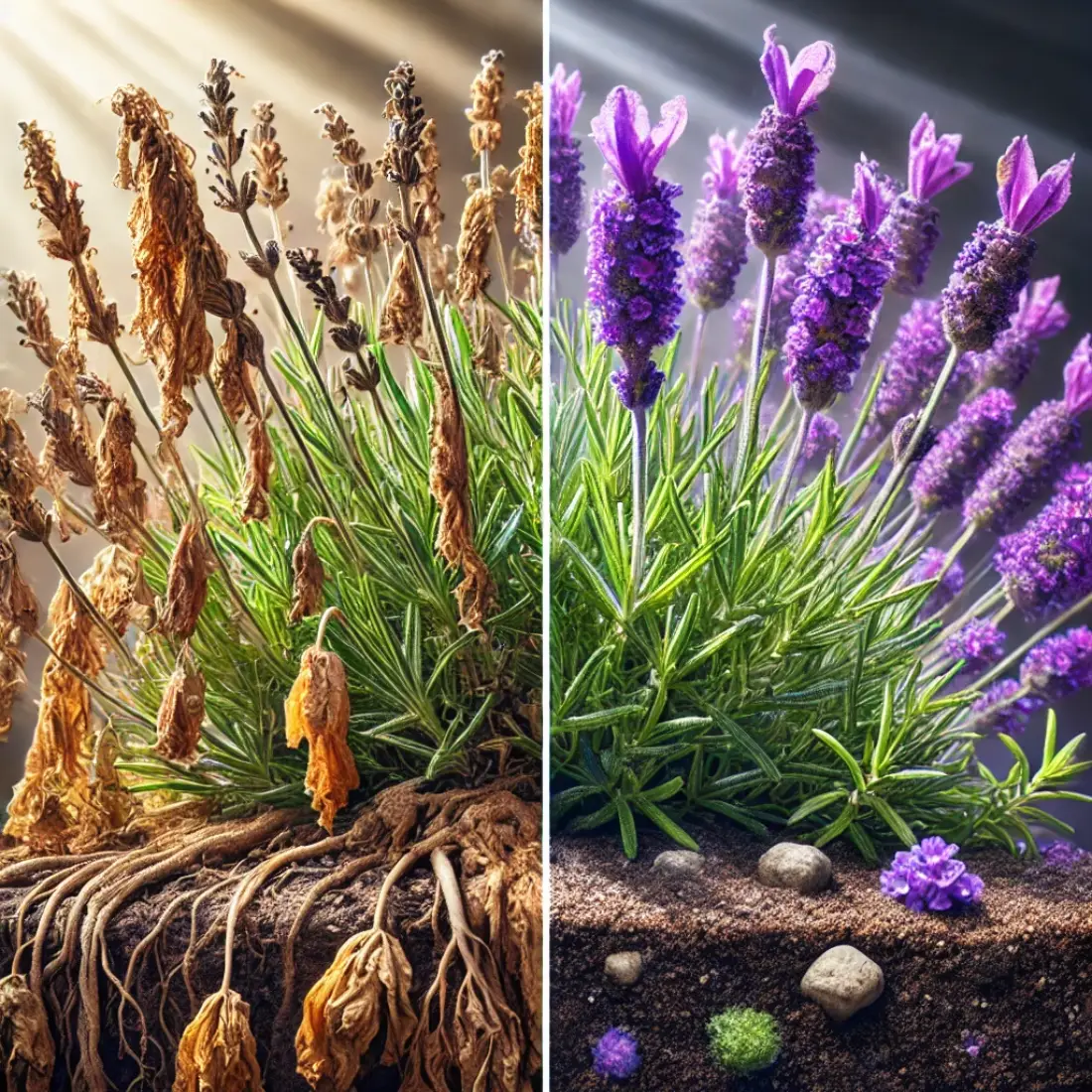Understanding the role of neem oil in organic gardening encapsulates recognizing its origins, properties, and applications that render it an indispensable ally for gardeners.
Derived from the neem tree, neem oil is celebrated for its natural pesticidal and medicinal properties, offering a sustainable alternative to synthetic chemicals.
Origins and Properties
Neem oil is extracted from the seeds of the neem tree, a perennial native to the Indian subcontinent. This natural substance is rich in compounds like azadirachtin, which plays a pivotal role in pest management by disrupting the life cycle of insects.
Application in Organic Gardening
In the sphere of organic gardening, neem oil is employed as a holistic solution to combat a myriad of challenges including pests, diseases, and nematodes. Its application extends beyond mere pest control; it serves as a fungicide and can even condition the soil to promote plant health. Neem oil is particularly effective against common garden pests like aphids, mites, and whiteflies, acting as an insect repellent, growth regulator, and antifeedant.
Key Benefits:
- Pest Control: Neem oil effectively manages over 200 species of insects without harming beneficial insects when used correctly.
- Disease Prevention: It offers protection against fungal diseases such as powdery mildew, rust, and black spot, thanks to its fungicidal properties.
- Environmental Safety: As a biodegradable and non-toxic substance, neem oil minimizes the ecological footprint of gardening, aligning with the principles of organic cultivation.
Application Guidelines:
- Dilution and Mixing: For optimal efficacy, neem oil must be properly diluted and mixed with a surfactant like insecticidal soap to ensure uniform coverage on plant surfaces.
- Timing and Frequency: Application during cooler parts of the day reduces the risk of phototoxicity to plants. The frequency of application depends on the severity of the pest or disease problem, with preventative applications recommended during vulnerable periods of plant growth.
Considerations and Best Practices
Neem oil can be highly effective for gardening when used knowledgeably. Understanding the nuances of its application, such as the importance of thorough coverage and the potential need for reapplication, ensures that neem oil acts effectively without adverse effects on plants or beneficial insect populations.
In essence, the role of neem oil in organic gardening is multifaceted, offering a natural, effective solution to pest and disease management while supporting the overarching goals of sustainability and environmental stewardship.
More in-depth exploration of neem oil
Advanced Uses and Considerations for Neem Oil in Organic Gardening
Exploring the advanced uses and considerations of neem oil broadens its application in organic gardening, revealing its versatility beyond basic pest control. Neem oil’s multifaceted benefits extend to soil health, systemic protection, and even addressing environmental concerns.
Soil Health and Systemic Protection
Neem oil can be utilized as a soil drench in addition to its foliar spray application. This method introduces neem oil into the plant’s vascular system, offering internal protection against pests that ingest the plant. Such systemic use can disrupt the life cycle of pests feeding on treated plants, effectively reducing pest populations over time.
- Soil Drench Application: Diluted neem oil can be applied directly to the soil, where it’s absorbed by plant roots and distributed throughout the plant’s tissue. This method targets pests like nematodes without harming beneficial organisms such as earthworms.
- Enhanced Plant Immunity: Beyond pest control, neem oil can bolster plant defenses against diseases, potentially reducing the need for other fungicidal applications.
Environmental Considerations
The environmental impact of neem oil underscores its appeal in organic gardening. As a naturally derived product, neem oil is biodegradable, minimizing the risk of long-term environmental contamination. However, the indiscriminate use of any pest control, even organic ones like neem oil, can have unintended consequences on non-target species, including beneficial insects.
Best Practices for Environmental Stewardship:
- Targeted Application: Apply neem oil judiciously, focusing on affected plants and avoiding widespread application that could impact beneficial insect populations.
- Integrated Pest Management (IPM): Incorporate neem oil into a broader IPM strategy, combining physical, biological, and cultural practices to manage pests with minimal ecological disruption.
Advanced Formulations and Applications
The efficacy of neem oil can be enhanced through the addition of synergistic agents like insecticidal soaps, which can improve the oil’s adhesion to plant surfaces and its ability to penetrate insect defenses. Moreover, understanding the timing and lifecycle of target pests can optimize neem oil’s effectiveness, allowing for strategic applications that interrupt pest cycles at vulnerable stages.
Innovations in Application:
- Complementary Products: Experimenting with combinations of neem oil and other organic agents can address a wider range of pests and diseases.
- Lifecycle Disruption: Timing applications to coincide with specific pest development stages can enhance the disruptive effects of neem oil on pest populations.
Safety and Handling
While neem oil is safer than many synthetic pesticides, proper handling remains essential to ensure user safety and to prevent potential plant phytotoxicity. Wearing protective gear during application and following dilution guidelines can mitigate risks.
Neem oil’s role in organic gardening extends well beyond basic pest control, offering gardeners a versatile tool for promoting plant health and environmental sustainability. By embracing its advanced uses and considering its broader impacts, gardeners can effectively integrate neem oil into a comprehensive organic gardening strategy, ensuring healthier plants and a more balanced ecosystem.
FAQs for the Neem oil
What is neem oil and where does it come from?
Neem oil is a natural oil extracted from the seeds of the neem tree (Azadirachta indica), a tree native to the Indian subcontinent. It’s widely used in organic gardening for pest control and disease prevention due to its pesticidal and medicinal properties.
How does neem oil work as a pesticide?
Neem oil contains azadirachtin, a compound that disrupts the lifecycle of pests by acting as an antifeedant, growth regulator, and repellent. It effectively controls over 200 species of insects without harming beneficial insects when used correctly.
Can neem oil be used on all plants?
While neem oil is safe for most plants, it’s always recommended to do a patch test on a small area first and wait 24 hours to ensure there is no adverse reaction. Some sensitive plants might react poorly to neem oil.
How do I apply neem oil to my garden?
Neem oil can be applied as a foliar spray or soil drench. For foliar application, mix neem oil with water (and possibly a mild soap to help emulsify the oil) and spray it directly on the plant leaves. As a soil drench, diluted neem oil can be poured into the soil to combat soil-dwelling pests and diseases.
Is neem oil safe for pets and wildlife?
Neem oil is considered safe for pets, wildlife, and beneficial insects when used as directed. However, it should not be applied directly to animals without proper guidance.
How often should I apply neem oil?
The frequency of application can vary depending on the pest or disease issue you’re addressing. Generally, for preventive measures, applying neem oil every two weeks is sufficient. For active infestations, it might be necessary to apply more frequently, such as once a week.
Can neem oil be used as a fungicide?
Yes, neem oil has fungicidal properties that can help prevent and treat fungal diseases such as powdery mildew, rust, and black spot.
Does neem oil expire?
Neem oil does have a shelf life and can lose its potency over time. It’s best to use fresh neem oil and store it in a cool, dark place to extend its efficacy.
Can I make my own neem oil solution at home?
Yes, you can mix neem oil with water (and a few drops of mild soap if needed) to create a homemade pest control solution. Follow the manufacturer’s guidelines for dilution rates to ensure effectiveness.
Will neem oil harm bees and other pollinators?
Neem oil is generally safe for bees and other pollinators if applied during times when they are less active, such as early morning or late evening. It’s important to avoid spraying blooming plants directly to prevent harming these beneficial insects.

